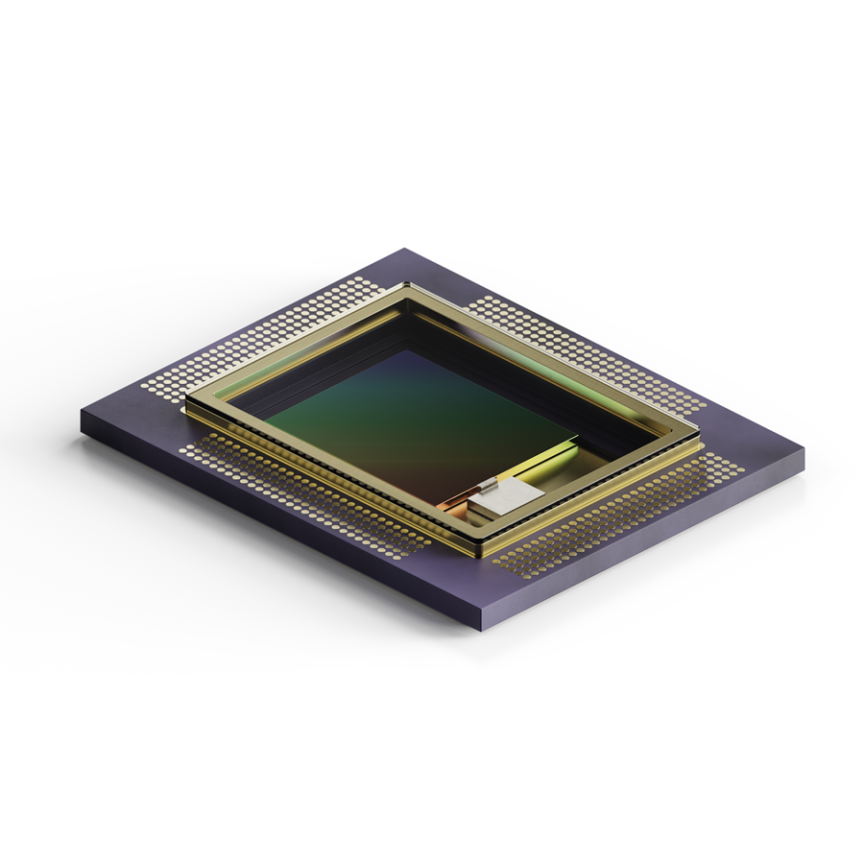The first glimmers of hope that the photonics industry may be coming out of the worst of the recession were evident this week as some of the biggest companies in the industry posted their most recent financial results, as Tom Wilkie reports. Trumpf and Rofin pointed to an rise in orders as a leading indicator of an upturn in the future, even as they reported stark falls in past revenue performance - a lagging indicator. Newport and Coherent expected to see the rise in orders starting at the mid-point of the year.
‘We are seeing first signs of a slight market recovery, demonstrated by increasing service business volume and sales activities in certain regions and industries,’ said Günther Braun, CEO and President of Rofin-Sinar Technologies Inc (RSTI). His sentiments were echoed by the company’s Executive Chairman, Peter Wirth, who said: ‘We are optimistic that we have reached the bottom of the downturn’.
This upbeat message came against the backdrop of a 49 per cent drop in RSTI’s revenues for the quarter ended 30 June 2009 compared to the same quarter in 2008. However, the company also cut its direct costs of goods sold by nearly 42 per cent in the same period and reduced both overheads and some R&D expenditure as well. The cost-cutting measures mean that RSTI still recorded a profit over the past nine-month period.
The Trumpf Group estimated that it will remain profitable at the level of tens of millions of Euros, despite a 23 per cent drop in sales, as it produced a preliminary report for the whole of its 2008/09 fiscal year. Trumpf, however, is a diversified company with several business lines in addition to lasers and photonics. Its medical technology division actually recorded an increase in sales. Although the company maintained employee numbers at the existing 8,000 mark, its machine tool and industrial laser manufacturing arm did reduce effective manpower in the face of lower orders by cutting back flexi-time and introducing shorter working hours. The company is privately owned by the Leibinger family which, in a display of confidence about the future, injected 75 million Euros to bolster the company’s liquidity.
John Ambroseo, President and CEO of Coherent, was optimistic that Government-financed economic stimulus packages would improve matters in the future. But he chafed at delays in getting the money flowing: ‘There is growing optimism regarding the deployment of stimulus money in the second half of the calendar year. Unfortunately, numerous customers in the US and Japan delayed placing orders in the June quarter since stimulus funds could offer greater spending flexibility. We echo everyone else’s sentiment to get the funds flowing.
‘With certain end markets appearing to stabilise and good customer engagement, we believe bookings will begin to recover in the September quarter and continue through fiscal 2010,’ Ambroseo concluded. The company reported a 37 per cent drop in its revenue for the past quarter compared to the same period in 2008.
Newport reduced its losses in the second quarter of 2009 to $9m compared to a $14m loss in the first quarter of the year, as its cost-reduction measures began to bite. Sales were down 25.6 per cent compared to the same quarter of 2008. However, in an echo of Trumpf’s success with medical technology, Newport’s sales to and orders from customers in the life and health sciences market increased slightly in the second quarter of 2009 compared to 2008. Robert Phillippy, Newport's President and CEO, was perhaps less upbeat than some in his assessment of the future, saying that: ‘We expect the lingering effects of the challenging macroeconomic environment to continue to create slight downward pressure on our revenue in the third quarter of 2009.’

